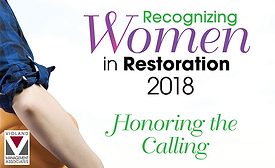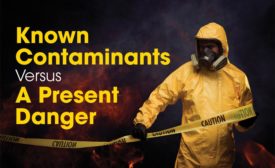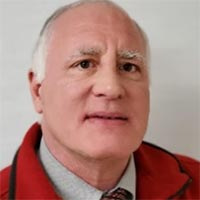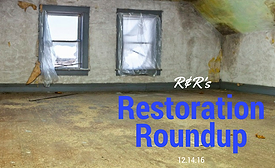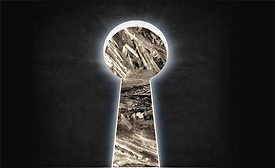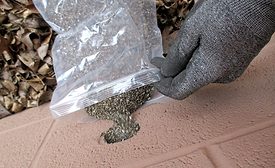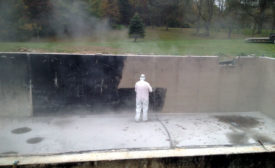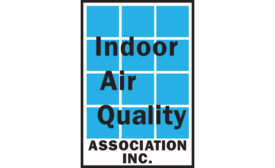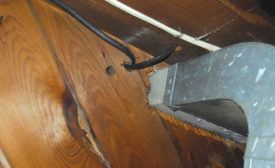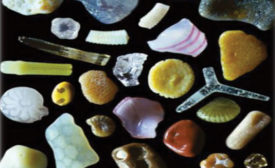Home » environmental hazards
Articles Tagged with ''environmental hazards''
The Final Demise of Sand Blasting
Finding effective, afforable alternatives to sand blasting as OSHA's Silica Laws evolve
Read More
March IAQA Legislative Update: Mold, Lead Paint, Radon, Asbestos & More
Legislative update details changes in California, Massachusetts, Minnesota, Texas, & abroad
March 29, 2016
IAQA Legislative update: October 2015
Rule changes ahead for mold, asbestos, lead & radon remediators in several states
October 22, 2015
The Remediation Trifecta: Mold, Asbestos & Lead Paint
When a mold remediation job grows into a much bigger task
Read More
Stay ahead of the curve with our eNewsletters.
Get the latest industry updates tailored your way.
JOIN TODAY!Copyright ©2025. All Rights Reserved BNP Media.
Design, CMS, Hosting & Web Development :: ePublishing
